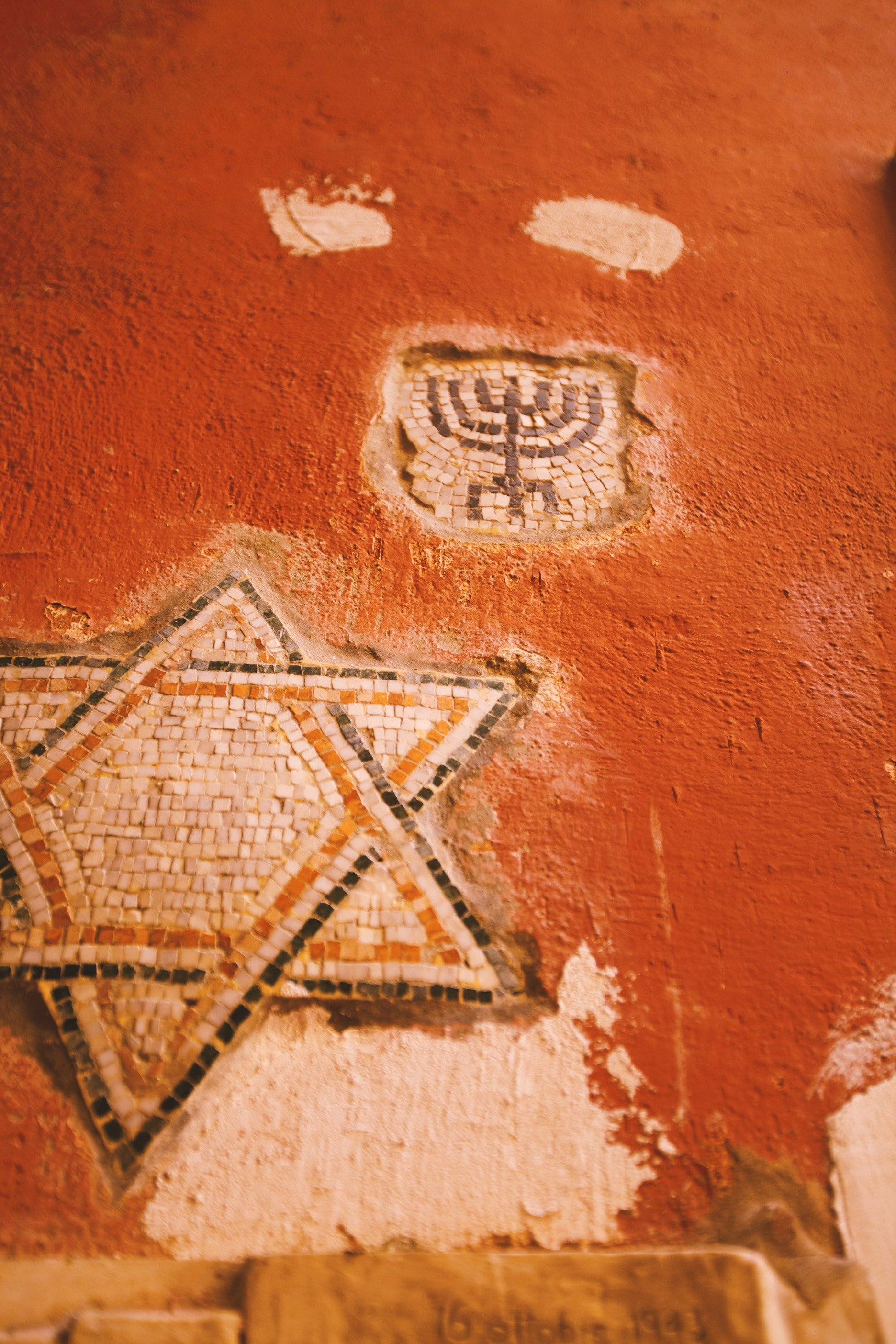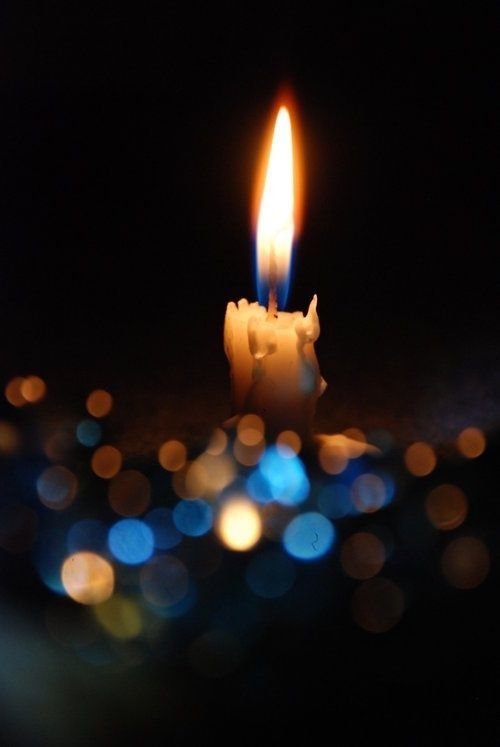
Spiritual Leadership
At the heart of my leadership is a deep spiritual connection to the invisible center of life that holds and connects all beings.
The ancient lineage of Judaism, with its rich sacred texts, prayers, and music, is for me a continuous wellspring of wisdom and joy, which I love to share with others!
Kabbalah - Jewish mysticism - with its focus on cultivating a direct relationship with the divine, has been a central component of my leadership, as has been the study and comparison of Judaism with other sacred traditions. Another mainstay for me has been the study of the Divine Feminine in her myriad faces—Sophia, Binah, Shechinah, and many more—and the mythic marriage of the sacred feminine and masculine, a central theme in both Jungian psychology and in Kabbalah.
I am Rabbi Emerita and the founding rabbi of Congregation Nevei Kodesh (CNK), the Jewish Renewal Community of Boulder, Colorado. Nevei Kodesh, which means “Oasis of Holiness,” has been called “the flagship community” of Jewish Renewal congregations in the United States. Now a flourishing and vibrant community of approximately 300 families, Nevei Kodesh serves all ages and diverse backgrounds. Affiliated with Aleph: Alliance for Jewish Renewal, Nevei Kodesh is dedicated to breathing new life into the ancient Jewish tradition.
I served on the T’ruah: The Rabbinic Call for Human Rights board of directors and was Co-Chair for seven years. I’m also an active member of the Yesod Foundation, which serves to promote and continue the teachings and vision of Rabbi Zalman Schachter Shalomi. Most recently, the Yesod Foundation is responsible for curating Reb Zalman Schachter Shalomi's most important teachings in deep ecumenisism, Jewish mysticism, and perennial wisdom. We have also made bite-sized samples to learn from this remarkable Wisdom Keeper.
I teach on the following themes:
She Who Dwells Within: Shechinah, The Feminine Face of God in Torah, Mysticism, and Our World
A sumptuous experiential study of the divine feminine as she appears in the Jewish tradition from ancient times to today. We will attempt to understand her through Hebrew texts, images of beauty, and shared suffering, and meet Her as she emerges on the world stage in our own day. This class includes the study of the seven feminine wisdom principles, and the practice of accessing maggidic transmissions from the Shechinah, as taught by the 16th century Galilean Kabbalists.
Lighting the Way in a Dark World:
The Tzaddik & The Bodhisattva
In this experiential study, we compare texts and practices of two ancient traditions—Judaism and Tibetan Buddhism—through the most esteemed personification of each path. In Judaism, it is the Tzaddik (righteous person) upon whom the entire world depends. And in Tibetan Buddhism, it is the Bodhisattva (one who willingly gives up their own wellbeing for the sake of others.) Studying these wise, incisive teachings brings to light surprising similarities, and illuminates the path for all modern spiritual seekers. This class includes practice of several revered ancient meditations from both Jewish and Tibetan Buddhist lineages.
Mystic Tales from the Zohar
A work of “sacred fantasy,” the Book of Splendor called the Zohar stands at the center of Jewish mysticism, known as the Kabbalah. Woven into the homilies that comprise the Zohar’s mystic commentary on Torah, are the profound stories about the faithful comrades of Rabbi Shimeon who give themselves over to the sacred tasks of turning Darkness into Light, the Bitter into Sweet, and tirelessly adjuring the union of the King and his beloved, the Shechinah. These wild and paradoxical tales pulsate with luminous spiritual beauty, and call forth our wisdom, yearning, and faith. This class includes text study and active imagination.
Please contact us about teaching in the area of your community’s interest.
“In this vast world, each of us needs to know that we belong to something greater than ourselves. This might be a family, community, or belief system that gives us a personal anchor and sense of meaning.
One of my life tasks has been to help others find their way to their own unique path, hear the voice of their soul, and reconnect to the lineage of their heart. At the same time, our tribes and our beliefs can also limit us. We must not make them sacrosanct, but gather from them our sense of purpose while also respecting that there are many ways of accessing the deep wellsprings of life.
At this time when the world cries out with so much suffering, we need to be rooted in the knowledge of who we are, and then expand our sphere of awareness in wider and wider circles of compassion for others.”
— Rabbi Tirzah Firestone


